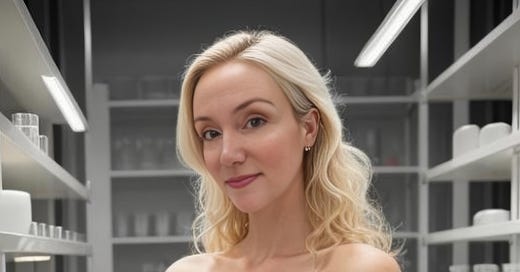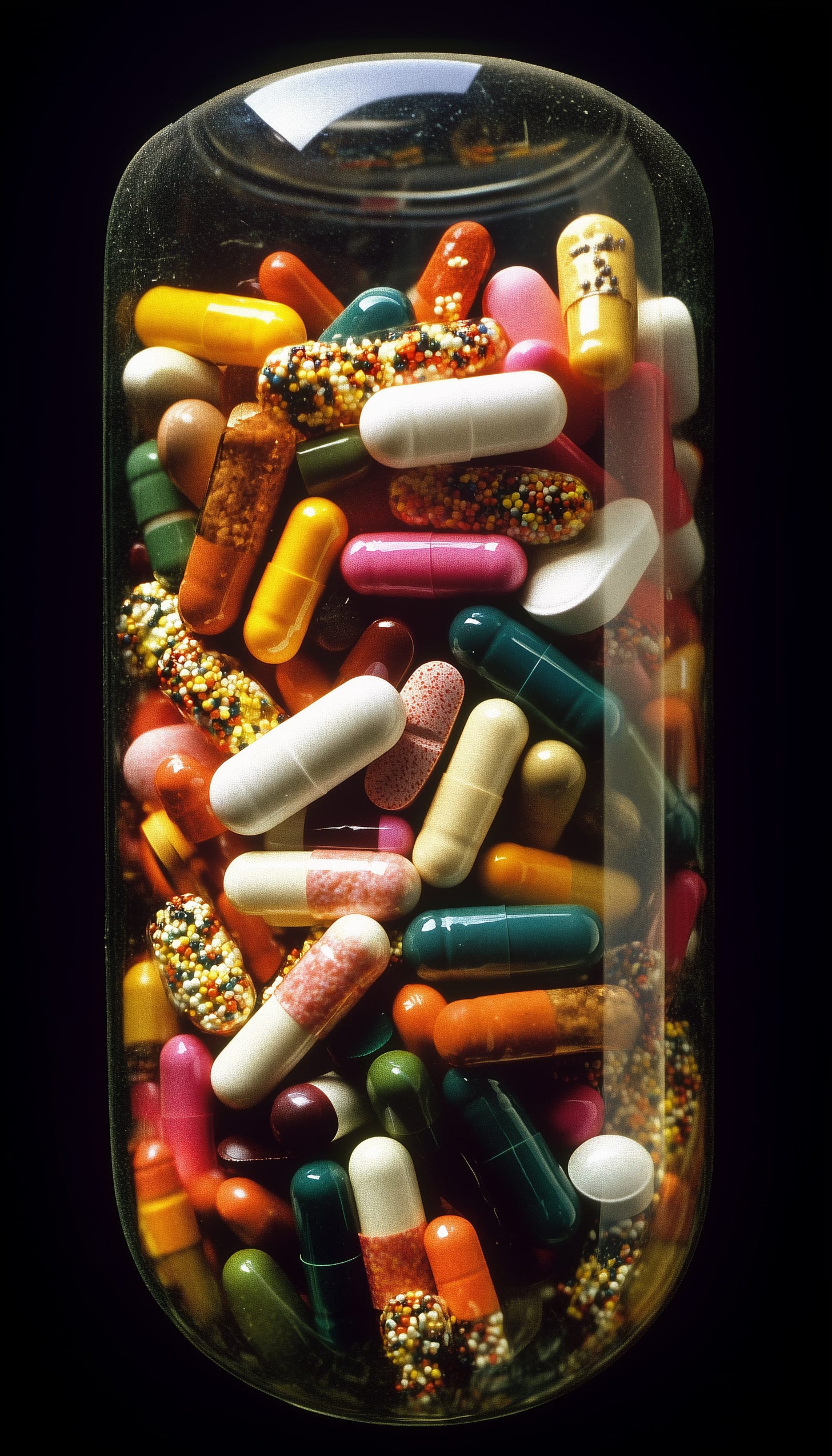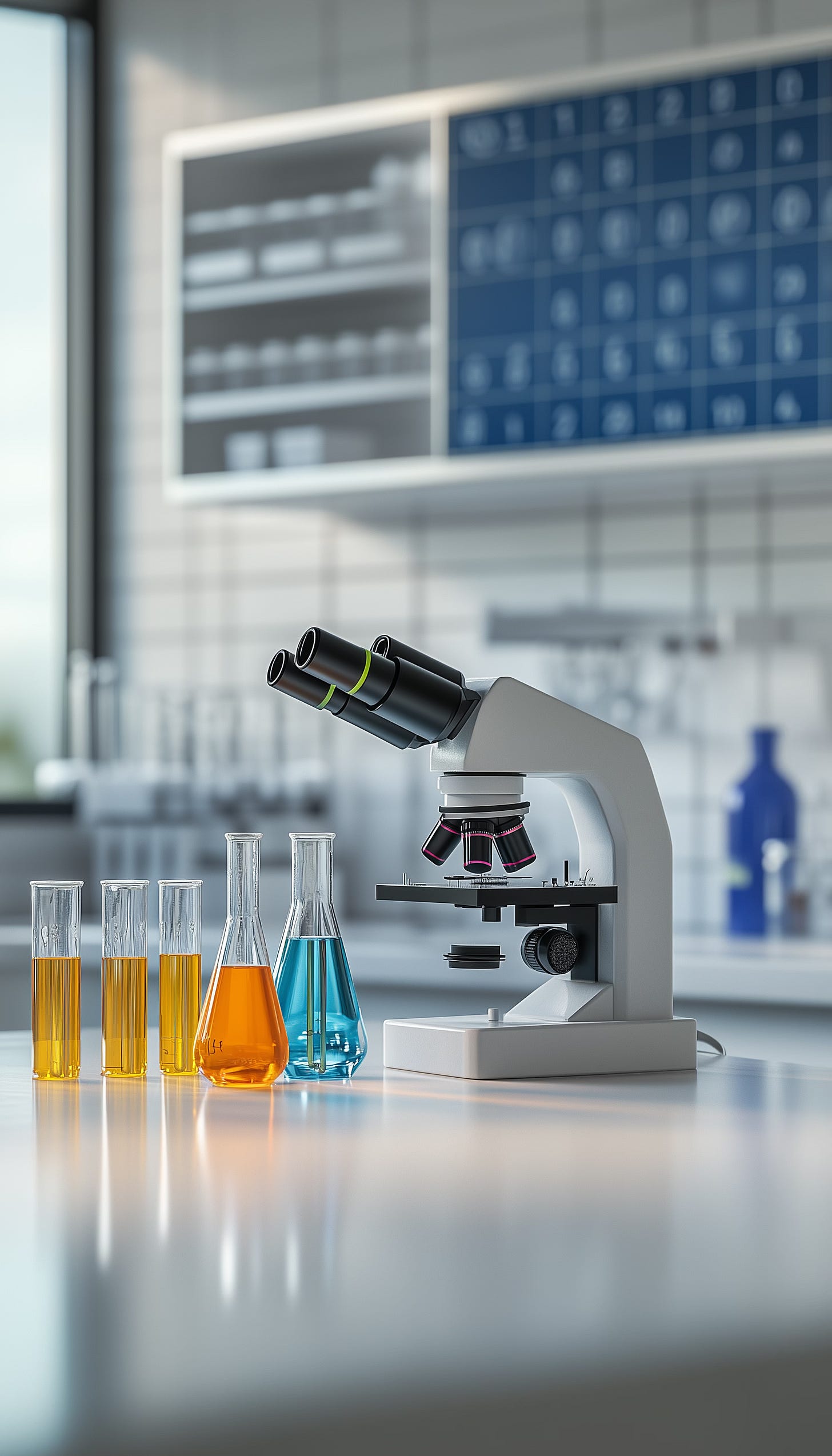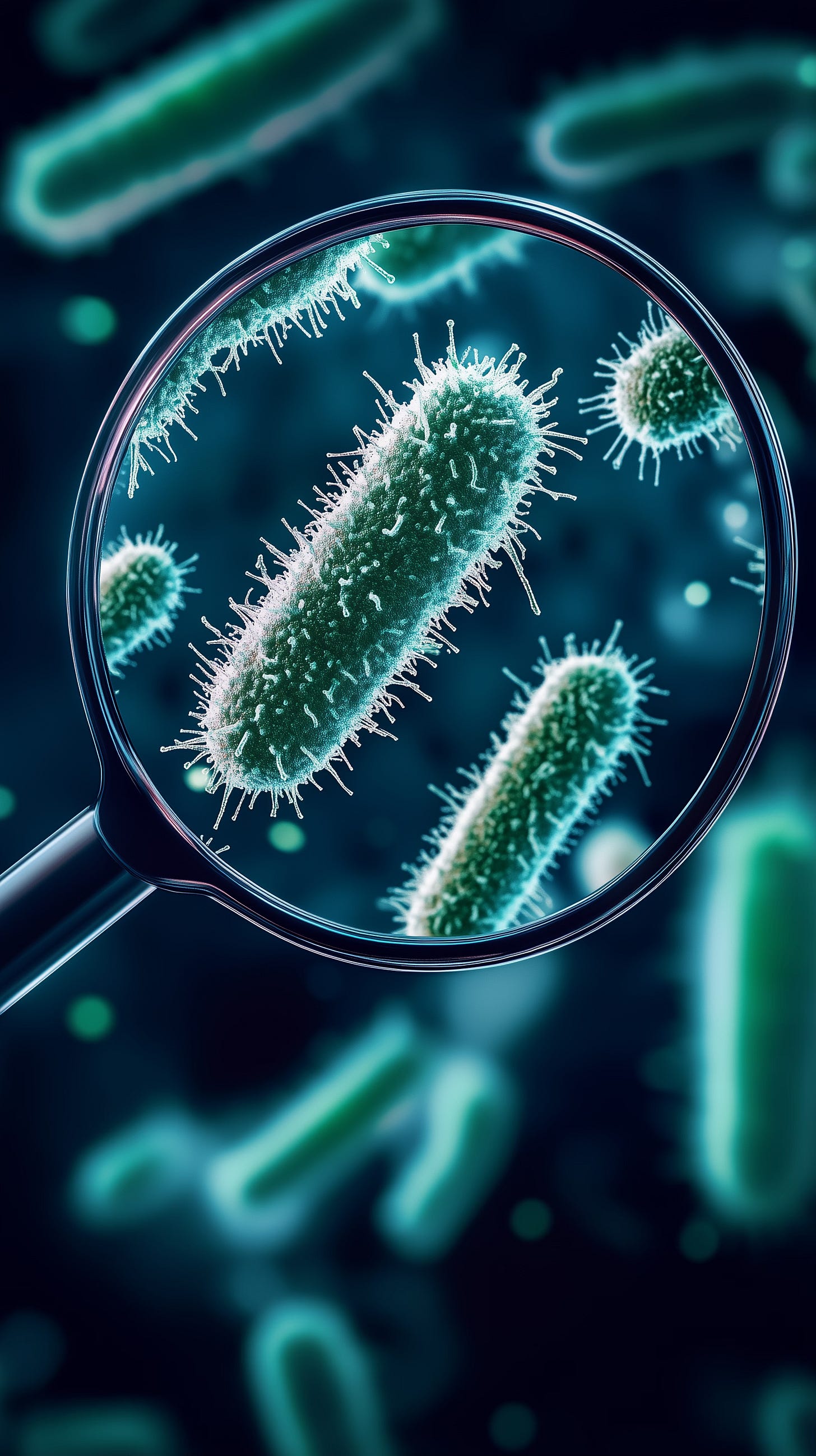Antibiotics have revolutionized medicine, saving countless lives since their discovery. Today, I’m especially grateful for antibiotics because I was diagnosed with strep throat. Thanks to this diagnosis, I have access to medication that will speed up my recovery process and help me get back to feeling my best. During a recent microbiology class, I learned so much about bacteria—both the good and bad. While antibiotics like penicillin are life-saving, it’s important to balance their use and understand how they work with your body. Here’s a breakdown of the benefits, history, and how to supplement your gut health when taking antibiotics:
1. The Discovery of Penicillin: A Game-Changer in Medicine
In 1928, Alexander Fleming made a revolutionary discovery that changed the course of medicine forever—penicillin. The story begins with a serendipitous moment in his lab when he noticed something unusual. Fleming had been growing cultures of the bacteria Staphylococcus in petri dishes, but one of the dishes was accidentally contaminated with mold. Instead of simply discarding it, he observed something remarkable: the mold was competing with the bacteria for habitat, and it was winning. Around the mold, there was a clear zone where no bacteria could grow, which led him to investigate further. The mold, Penicillium notatum, produced a substance that killed the bacteria. This substance became the world’s first antibiotic—penicillin.
Penicillin works by attacking bacterial cell walls, preventing them from growing and multiplying. This discovery marked a major breakthrough because it offered a way to fight infections that had previously been deadly, such as pneumonia, sepsis, and strep throat.
However, it’s important to note that not all molds have this miraculous ability, and eating moldy bread is not the same as taking penicillin. While Penicillium is a type of mold, it needs to be carefully processed and purified to create the antibiotic. Moldy bread can harbor a wide variety of harmful molds, some of which can produce toxic substances called mycotoxins, which are dangerous to humans. So while the origin of penicillin came from a mold, not all molds are beneficial, and consuming moldy food is not a safe or effective way to treat infections.
The discovery of penicillin was a crucial moment in understanding how organisms compete for resources, and in this case, the mold's natural defense mechanisms helped it "win" the battle for its habitat. That victory in the petri dish became one of the greatest victories for human health.
2. The Importance of Proper Antibiotic Use
While antibiotics are powerful, the overuse of them can lead to antibiotic resistance, which is when bacteria adapt and become resistant to the medication. This makes it harder to treat infections in the future. That’s why it’s important to use antibiotics only when prescribed and to finish the entire course of medication. It’s also crucial to understand that not all bacteria are bad, and indiscriminately killing them can upset the natural balance of your body.
3. Replenishing Your Gut with Good Bacteria
Antibiotics don’t discriminate between harmful bacteria and the good bacteria in your gut, so taking them can disrupt your digestive system. To help your body recover, it’s a good idea to supplement your diet with yogurt that contains live cultures or take probiotic pills. These help replenish the healthy bacteria in your gut, keeping your digestion and overall health on track. It’s a simple and effective way to support your body while healing.
4. The Role of Good Bacteria
Not all bacteria are harmful—in fact, many play essential roles in our health. Good bacteria in your gut help digest food, produce vitamins, and protect against harmful pathogens. Antibiotics can wipe out both good and bad bacteria, so it's important to be mindful of your gut health during and after antibiotic treatment. Learning about these tiny helpers in my microbiology class made me appreciate just how much bacteria contribute to our overall well-being.
5. Gratitude for Antibiotics and a Swift Diagnosis
Today, I’m incredibly thankful for my quick strep throat diagnosis and the ability to take antibiotics to assist my body in recovering faster. It’s empowering to know that with the help of modern medicine, I can feel better sooner. Being in tune with how antibiotics work, how to support my gut health, and how to balance their use gives me a renewed appreciation for the intricate world of microbiology and the incredible role of bacteria in our lives.
Antibiotics are a powerful tool, but like all things, balance is key. By using them mindfully, replenishing your body with good bacteria, and understanding their role in medicine, you can navigate healing with gratitude and awareness.







